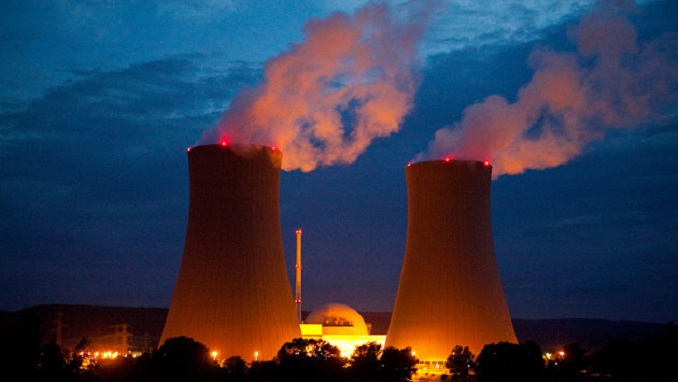In the Eurasian space, Kazakhstan shows the fastest and most active start in the issue of financing green transformation. By the beginning of 2022, the volume of capital raised for these purposes is much more than in other countries of the region, Forbes Kazakhstan reports.
Kazakhstan also has a more green transformation-ready infrastructure and legal framework. At the same time, all EAEU countries have ratified the Paris Climate Agreement and approved national plans to reduce greenhouse emissions.
However, only Kazakhstan has managed to build a carbon trading system, still running in a demonstration mode. And most importantly, a single-center promoting the green agenda has been identified in Kazakhstan, which significantly enhances the implementation of this direction.
Within the framework of the AIFC, the Green Finance Center was created, which was the first in the EAEU to develop its own taxonomy for green finance standards and in August 2020 accompanied the issuance of the debut green bonds of the Damu Fund.
To date, the taxonomy of the center is advisory in nature. However, the issue of approving the taxonomy by government decree as a measure of compliance with the new Environmental Code is being considered.
The initial experience gained allows Kazakhstan to claim a more significant role in the green transition beyond the jurisdiction of the AIFC.
Thus, in early December 2021, the Green Finance Center and VEB.RF (Russian State Development Corporation) reached an agreement to work out the issue of mutual recognition of verification results, as well as the inclusion of the center in the list of green bond verifiers approved by VEB.RF.
In the future, this opens up opportunities for the center to verify sustainable financing projects for Russian issuers.
The Kazakh side also proposed creating an analytical center on sustainable development for the EAEU countries and the EDB and the Eurasian Economic Commission.
The signing of a bilateral agreement on a strategic partnership on ESG and green finance between the AIFC and VEB.RF is expected in early 2022.
Combining efforts for sustainable development within the framework of the EAEU is probably a natural process. The world’s largest economies have already decided on the technical regulation of sustainable development and the green transition, setting the legally formalized rules of the game.
For the EAEU market, the issue of access conditions for external players through the “green” in terms of technical regulation remains relevant. One of the tactical questions is what to do with the admission to the market of cars with a traditional internal combustion engine running on gasoline.
Leading global markets have already spoken out on this issue, setting a ban on the use of such machines from 2030. The EAEU countries are still silent, while it is necessary to decide, otherwise the automotive industry will lose.
There are a lot of unresolved issues of fiscal and tariff conditions for access to the EAEU market in relation to the carbon footprint.
Shortly, they will begin to influence the policy of banks to finance the modernization of enterprises and the deployment of the productive forces of the new technological order in the region.

